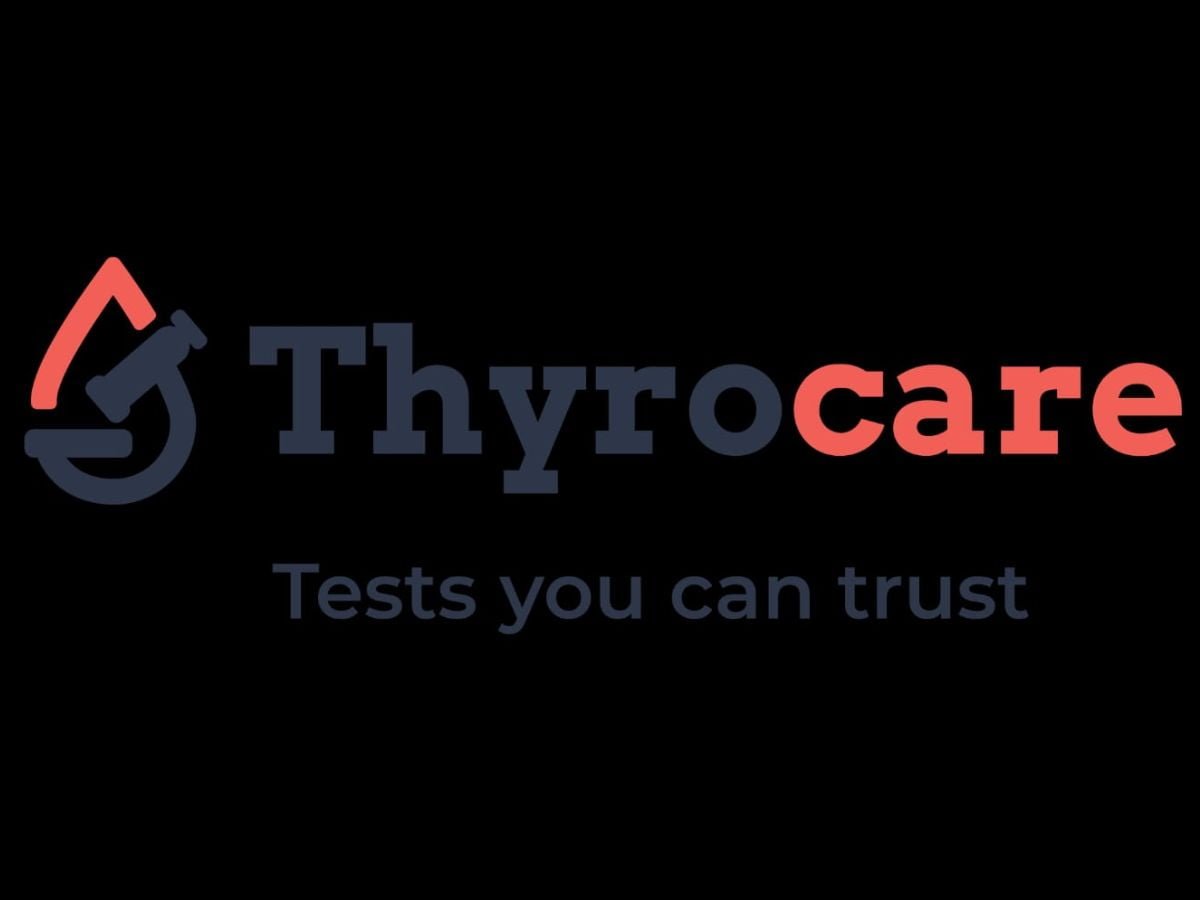
Pelvic pain often goes undiagnosed, correct diagnosis is the key to treatment
New Delhi [India], April 26: Pudendal nerve is one of the main nerves in the pelvis and is closely involved with genital sensation, urinary and bowel functions. Irritation or damage of this nerve often presents with pain and/or altered sensation in the genital, rectal region or deep inside the pelvis.
Mimicking a plethora of symptoms, the patients may present to several different specialties including urologists, neurologists, colorectal surgeons, gynaecologists, general surgeons, and general physicians, but the problem often remains undiagnosed due to low awareness about the condition. Conditions with overlapping symptoms involving different specialities often fall through the hoop, with no single speciality able to take ownership and address all components of the problem.
“Similar was the case with a 24-year-old male who presented with severe pelvic pain for the last 18 months. He had been having severe difficulties in sitting for more than 5 minutes and gave his exams lying down. The initial symptoms started with penile pain and burning sensation that gradually progressed to the testicular, buttock, and rectal pain. This was accompanied by the feeling as if he has a urinary infection with burning, difficulty emptying the bladder, and poor urinary flow. Although he had problems sitting he felt much better when sitting on a toilet seat.” Said Dr Amod Manocha, Senior Consultant & Head, Pain Management Services, Max Hospital, Saket
Due to the lack of specific tests, the diagnosis of this condition remains a challenge. Investigations are requested to support the diagnosis and rule out other conditions which may present similarly. These may include special MRI scans and nerve tests. Resolution of pain after a nerve block, even if temporary, supports the diagnosis of pudendal neuralgia. Pudendal Neuralgia is known to be associated with many other conditions such as dysfunctional voiding, painful bladder syndrome, Chronic Pelvic Pain Syndrome, chronic prostatitis etc.
“Despite visiting many specialists, trying many medications there was no relief. All my investigations were coming back as normal and some specialists even suggested that it was all in my head. Convinced that there is a problem and unable to find a cause, I started doing internet research and made extensive notes for almost three months before suspecting that the source of my problem may be related to the Pudendal nerve. Then started the journey of trying to find a specialist who can confirm my suspicion and help me, finally I found Dr Amod Manocha and decided to take a trip with my family to Delhi for a consultation.” Said the patient
“History, examination and investigations pointed towards the suspicion of Pudendal neuralgia, and this was further strengthened by the relief from the nerve block. This young man subsequently underwent radiofrequency treatment of the pudendal nerve and this helped improve his sitting ability, penile pain and urination difficulty. Following the treatment, he was able to sit and have a meal with my family after a long time. This may be a routine thing for most of us but was a big milestone for him. The pain and other symptoms reduced substantially with an overall improvement of about 65% compared to the pre-treatment levels. He is a very motivated patient and easily adopted the lifestyle modifications such as using a coccyx cushion while sitting, avoiding constipation, tight clothes, and bike riding. His compliance with physiotherapy has been good and now that the symptoms are better controlled we are slowly reducing his medicines intending to come off them.” Added Dr Manocha
Management of this condition requires active patient participation and the use of a multidisciplinary approach. Input from different specialists such as urologists, colorectal surgeons, gynaecologists are often required with a team approach to evaluate and address different components of the symptoms. A multidisciplinary approach involves using a combination of lifestyle changes, medications, physiotherapy, psychological techniques, and pain-relieving interventions such as injections. Lifestyle changes are aimed at protecting the nerve and reducing its irritation. Combining these with other modalities mentioned previously provides the patients with the best opportunity of having a successful outcome.



